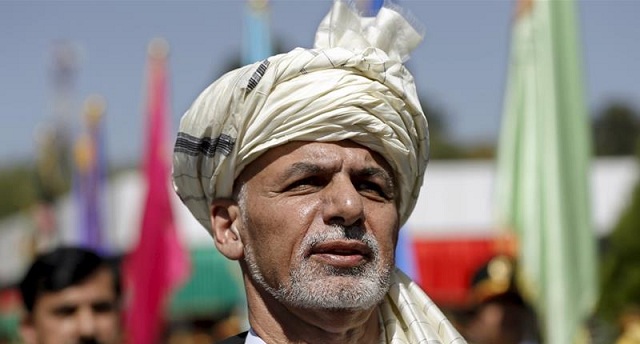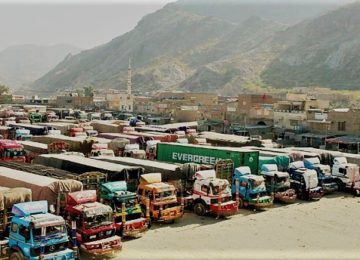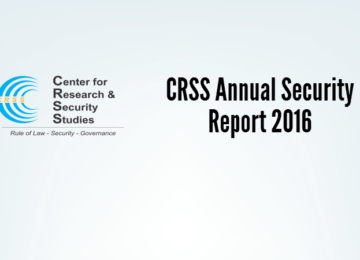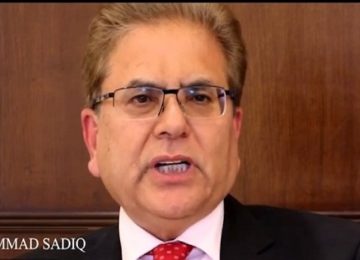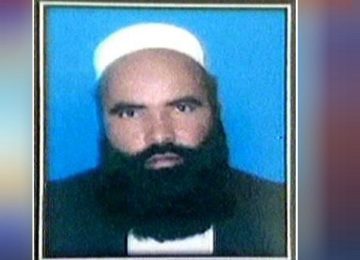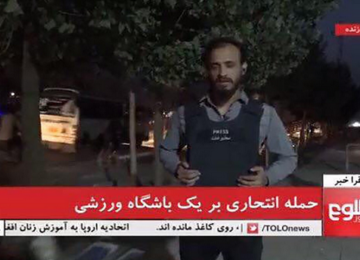May 24, 2019
By Sitwat Waqar Bokhari
Uncertainty looms over Afghanistan. The fate of the US-Taliban talks in Doha continue to appear to hang in the balance. Various stakeholders are simultaneously jockeying for future influence. President Ashraf Ghani is determined to run for a second term in September. However, his rivals disapprove of the idea and have offered him to head an interim government on the condition that he does not run in the presidential elections. The situation is as tricky as it gets.
The offer came last week from former National Security Advisor (NSA), Mohammad Hanif Atmar, who is a leading presidential candidate, calling for Ghani to step down as president after May 22 which marks the end of National Unity Government’s (NUG) legal term. Hanif Atmar, along with several other presidential candidates, believe the incumbent government has no intention to hold transparent presidential elections, and that the parliamentary elections were scandalous because of several complaints of irregularities all over Afghanistan. Elections in most of Kabul’s constituencies were challenged. In a conflict-ridden country like Afghanistan, the electoral process and its results are always in dispute. For instance, in 2014, the NUG was brokered by the US after neither of two frontrunners – Ghani and Chief Executive Abdullah Abdullah – managed to emerge as the victor with sufficient votes.
“We want that a caretaker government should be established, we want that he [President Ghani] should quit from his candidacy if he wants to continue his tenure and he should form a national collective for monitoring the elections. If it is not possible, we will go for the second option which is obvious who will be its caretaker,” Atmar said. “If he does not respect the two options, we have the third option. We will continue political pressure by bringing the nation and the political forces together.”
Atmar’s offer stems from fears that Ghani is trying to postpone the peace process until he earns another five years. Atmar says any setup beyond May 22 is the mandate of the 2014 NUG, and thus unacceptable.
Holding Ghani responsible for potential repercussions, Atmar stated that Afghanistan is set to face immense “political instability” if President Ghani continues to pressurize the Supreme Court to extend his term. The Supreme Court does not even have the authority to interpret the Constitution, he added.
“My last message to Mr. President and his respected colleagues is that your tenure has ended. The continuation of your work will prove your ‘illegitimacy’. Your illegitimacy will affect the honor of the presidency and this will pave the way for a crisis,” Atmar cautioned.
Along with the former NSA, several other presidential candidates have mounted political pressure against the continuation of the NUG. They have offered that Ghani and Abdullah can head the caretaker government together, much like their power-sharing equation in the NUG, as long as they do not run in the elections. Further, the candidates have announced large-scale protest rallies to be launched in Kabul. Many also fault the present government for the failure of the intra-Afghan talks in Doha.
After two delays, the presidential elections are now scheduled for September 28, 2019. Originally, the elections were to be held in April 2019.
At the same time, perhaps the thorniest issue is the refusal by the Taliban to sit with Ghani and his government. They don’t recognize the NUG as legitimate and representative, despite US Special Representative for Afghanistan Reconciliation Zalmay Khalilzad urging the two to hold dialogue. Khalilzad and the Taliban have been making gingerly progress on two main points: achieving a cease-fire, and a schedule for the withdrawal of US forces. The two are conditions for a pledge by the Taliban to disallow terrorists on Afghan soil.
On the other hand, there are concerns about security if tensions emerge from any power transition. According to Abdullah Ramazanzada, a media activist, in the past five years, ethnic prejudice has only intensified. Education has faced more quotas. Joblessness and poverty have worsened, and basic necessities are lacking. Taliban and terrorist groups have continued to gain power while casualties of security forces and civilians are on the rise. The Afghan currency has also devalued.
In this backdrop, it appears that Ghani vying for power is the monkey-wrench in the political machinery of Afghanistan. Ghani has a reputation for being obtuse, unaccommodating and self-serving, which seems to be exacerbated by this crisis. The resulting friction is highly detrimental for the civilian transition of power, as well as the stalled peace process. On the other hand, Atmar and other presidential candidates have offered that Ghani (and Abdullah) head an interim government which implies that they want a power equation in Afghanistan that altogether excludes Ghani in the next presidential elections.
The author is a Senior Research Fellow at the Center for Research and Security Studies (CRSS), and Program Manager of CRSS’ sister organization – Afghan Studies Center. She tweets @SitwatWB.



